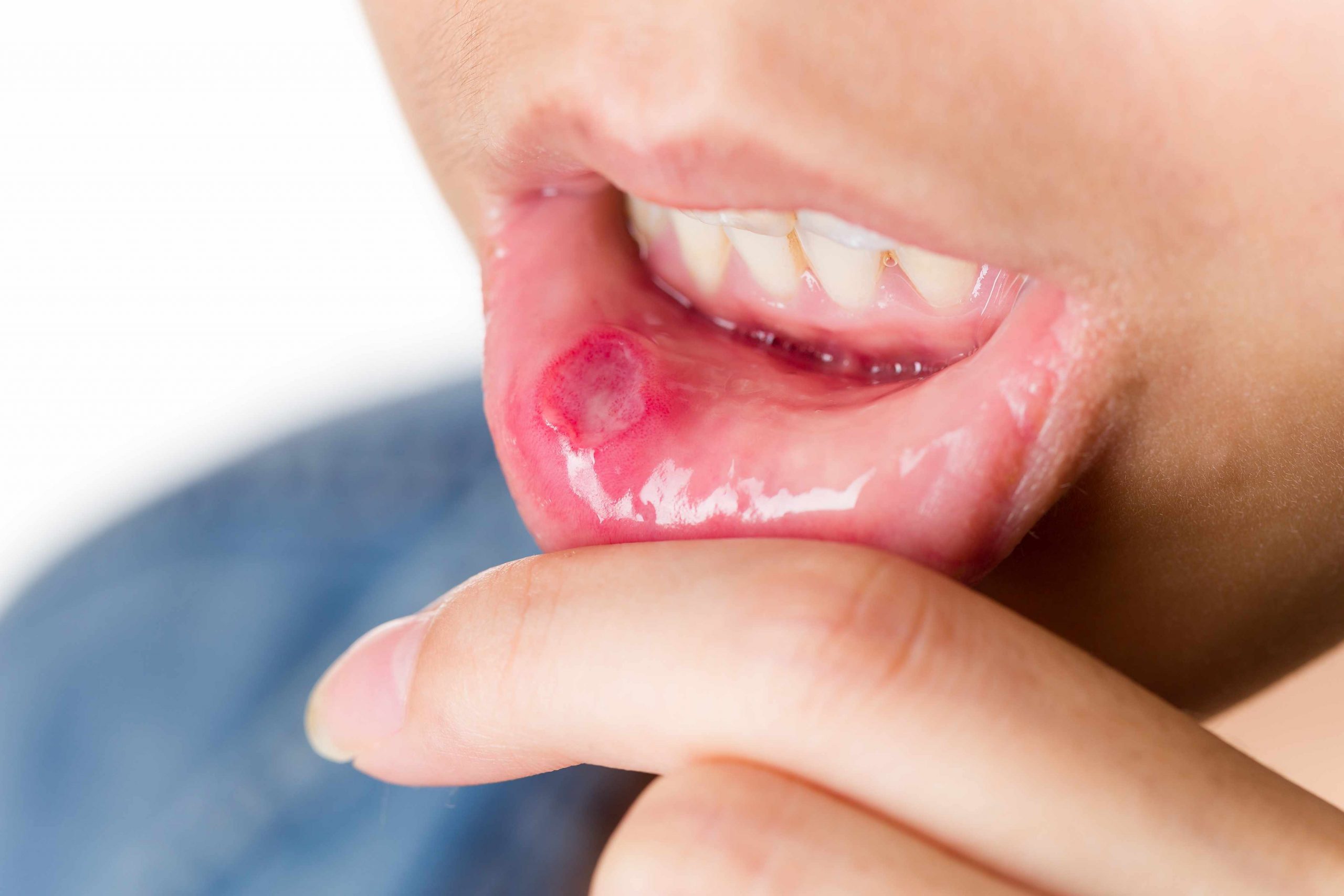Mouth sores or mouth ulcers are small, painful lesions which usually appear on the inside of the cheeks, on the lips, on the tongue, and on gums. The first sign of the sore may be a tingling, burning sensation inside the mouth. They can occur either singly or in clusters. They are usually white or yellow in color, surrounded by red halos. Usually they heal within 7 to 10 days.
Common Causes of Mouth Sores:
- Nutritional deficiencies such as iron, vitamins etc.
- Poor dental hygiene
- Food allergies
- Stress
- Biting the cheek
- Infections
- Hormonal imbalance
Home Remedies for Mouth Sores:
- Apply ice on the mouth ulcers to help reduce the pain
- Rinse the mouth with warm water, salt water or a medicated mouthwash frequently
- Chew food slowly
- Not to chew and talk at the same time
- Have dentures fitted properly
- Apply a topical pain reliever
- Take oral painkillers
- Drink plenty of fluids
- Use a soft toothbrush and brush gently
- Avoid spicy, acidic, sour, and/or sharp foods which may aggravate the condition
- Avoid very hot foods or drinks
- Eat healthily or increase intake of vitamin B12, folic acid, and iron
- Learn to relax and find ways to relieve stress
Different products are available to provide relief in different ways. Gels help to relieve the pain, redness, and swelling associated with mouth ulcers. They may also contain ingredients to numb the pain. Mouthwashes help to prevent bacterial infections and reduce the redness and swelling of the ulcers. They also help to treat hard-to-reach ulcers and keep the mouth clean when brushing teeth becomes too painful. Pastes help to form a protective layer over the mouth ulcer, allowing it to heal and at the same time, relieves pain, redness, and swelling.
Sometimes, the sore may be a sign of a more serious medical condition, if you notice that the sores:
- Have lasted longer than three weeks
- Have not healed with treatment
- Are unusually large (more than 1cm in diameter)
- Occur very frequently
- Bleed or are painless
- High fever with appearance of mouth ulcer
You should consult your nearest dentist.

